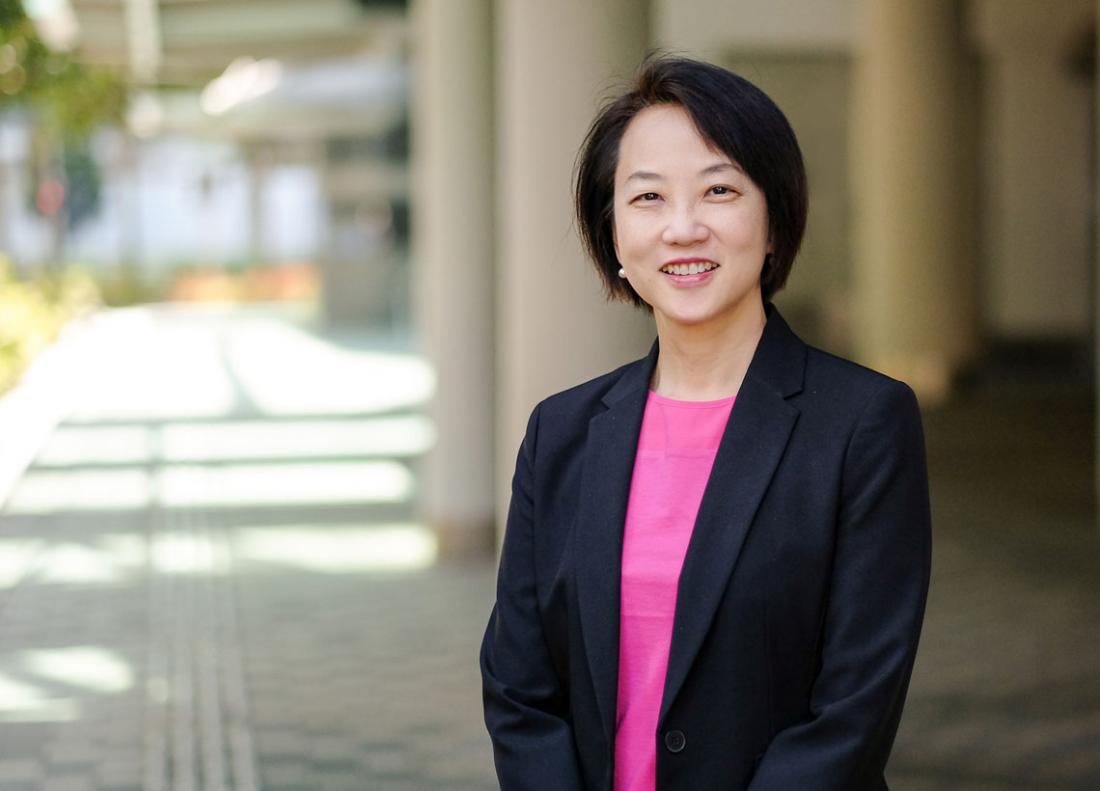SMU Office of Research – At the end of 2015, ASEAN countries became closer to one another as part of the new ASEAN Economic Community. Under the trade bloc’s economic integration arrangements, their citizens will find it easier to do business in other ASEAN countries, import and export goods, and find jobs in the region.
The negotiations and compromises leading up to the historic agreement, however, have also highlighted a growing issue—how trade treaties can affect people’s access to healthcare and medicines; in ways that are not always for the better.
Locknie Hsu, a professor of law at the Singapore Management University (SMU) School of Law, is particularly interested in the intricacies of such treaties. She specialises in international trade and investment law, and is part of a working group of ASEAN representatives that seeks to facilitate cross-border trade by harmonising commercial laws across these countries.
“As ambitious agreements throw the connection between trade and health into even sharper relief, countries will have to grapple with the difficult task of balancing their desire for economic growth with ensuring affordable and accessible healthcare and medicines for their citizens,” she says.
Balancing healthcare and economic goals
In a recent paper, “Regulatory Flexibilities and Tensions in Public Health and Trade – An Asian Perspective” published in the Asian Journal of WTO and International Health Law and Policy, Professor Hsu zeroes in on one particular, under-discussed issue of trade treaties, namely the tensions between governments’ economic and public health goals when they sit at the negotiating table.
During the discussions for the recent Trans-Pacific Partnership (TPP) trade agreement, the US called for strong intellectual property protections for biologic medicines, which are expensive medicines derived from living organisms. The US wanted 12 years of data exclusivity for biologics makers, during which rivals would be blocked from creating ‘biosimilars’, or cheaper versions of the drug.
But critics believe that too-stringent protections stifle competition and prevent affordable medicines from entering the market earlier. Australia, for instance, wanted just five years of data protection for biologics makers. The recently released TPP text reveals a compromise that has been struck on the duration of protection.
“In an economically-diverse region such as Asia, which has both high-income countries and least-developed countries, it is not surprising that differences in health priorities and the ability of citizens to pay for medicines can also give rise to divergent trade, intellectual property and health laws and policies,” Professor Hsu notes.
Another potential issue in trade treaties is when Asian countries take differing approaches to compulsory licensing, she says. Compulsory licensing refers to when governments allow another company to manufacture a product without the patent owner’s consent, but with compensation. For example, a country may need a potentially life-saving drug as quickly as possible but the patent holder may be unable or unwilling to meet the demand.
In recent years, India, Indonesia, Malaysia and Thailand have used compulsory licensing for patented pharmaceuticals, although not without some legal challenges by the patent holders. Thailand, in particular, has used compulsory licensing even for drugs to treat non-infectious diseases. Singapore, on the other hand, has announced that it will use compulsory licensing only in emergencies or extremely urgent situations.
Big tobacco and ASEAN
Aside from making sure the public has access to affordable medicines, governments also have to regulate harmful substances such as tobacco. This, too, can be a source of tension in trade discussions, Professor Hsu comments in a recent monograph chapter, “Tobacco Control in ASEAN”, published in the book The Global Tobacco Epidemic and the Law.
ASEAN countries use a variety of non-fiscal and fiscal tools such as excise taxes and value-added, or goods and services, taxes to control tobacco use among their citizens. While import tariffs have also been imposed, the ASEAN Free Trade Area, its Common Effective Preferential Tariff system, and the recent Trade in Goods Agreement have led to ASEAN members committing to a reduction or elimination of these import tariffs on tobacco products. Non-fiscal tools include packaging requirements and restrictions on purchase of such products by minors.
Complicating matters is the fact that some ASEAN countries such as Indonesia, Malaysia, the Philippines and Thailand are also tobacco growers. In fact, the Thailand Tobacco Monopoly (TTM), a state enterprise, operates under the Ministry of Finance. Thai law previously granted TTM a monopoly to produce cigarettes within Thailand, but this changed following pressure from the country’s trade partners, including the US.
The tobacco issue was also a point of contention during the TPP negotiations. Some of the negotiating countries, such as the US and Japan, have strong private interests in tobacco production and export. Other countries such as Malaysia were adamant that the deal should not compromise governments’ ability to regulate tobacco use as part of public health protection efforts.
An evolving landscape
As countries in Asia continue to negotiate new trade partnerships, tensions between healthcare and economic goals will continue to recur, Professor Hsu says. ASEAN countries, for instance, are currently negotiating with six external trade partners to form the Regional Comprehensive Economic Partnership. Members of the Asia-Pacific Economic Cooperation (APEC) are also discussing how to create a Free Trade Area of the Asia Pacific.
To smooth the way for the negotiations, Asian trade partners should identify common interests and health priorities, and carry out health impact assessments for trade treaty provisions, Professor Hsu suggests. Her book, Trade, Investment, Innovation and their Impact on Access to Medicines: An Asian Perspective, published in February 2016 by Cambridge University Press, examines the issue in greater detail.
“As ASEAN evolves towards greater integration and development of a common voice on global issues, it will be particularly important to consider what that voice will say when negotiating trade and public health issues,” she shares.
By Feng Zengkun



